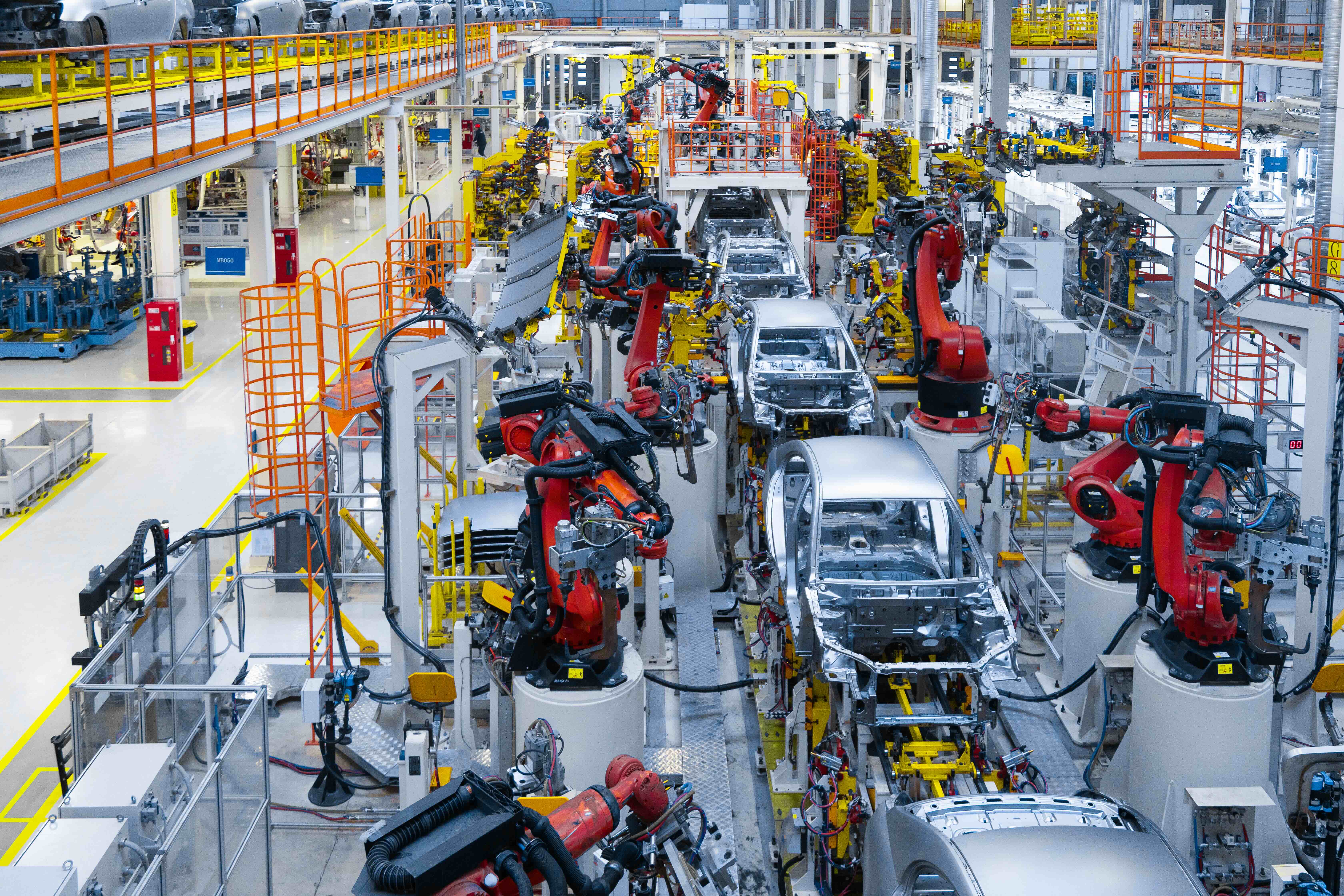Automotive Industry Employment and Wage Trends May 2024

Post Categories
Robert Espinoza
Employment Trends
The U.S. automotive industry employed approximately 2.075 million people in May 2024, showing slight growth from the previous year. In the Automotive Manufacturing, employment in motor vehicle and parts manufacturing reached 1,070,100 in May 2024, an increase of 30,400 jobs from the previous year. Despite pockets of growth, the automotive industry is facing a persistent shortage of skilled labor, particularly in areas like software development, data analytics, and cybersecurity. This talent shortage is driving up wages and creating competition among employers.
Wage Trends
Engineers and technicians with specialized skills in areas like EV technology, battery manufacturing, and autonomous driving are commanding high salaries. The median annual wage for mechanical engineers in the automotive industry was $95,300 in May 2023, and salaries for software engineers and data scientists are often even higher.
Skilled tradespeople like electricians and mechanics also command competitive wages, often earning over $60,000 per year. Wages in the automotive industry are expected to continue to rise due to the ongoing talent shortage and the increasing complexity of vehicles. Companies are willing to pay a premium for skilled workers who can help them navigate the industry's rapid transformation. Wages can vary significantly depending on geographic location. For example, salaries tend to be higher in major automotive hubs like Detroit, Silicon Valley, and Germany.
Total wages paid in Automobile Engine & Parts Manufacturing sector are expected to increase by 0.6% in 2024, reaching $4.8 billion. This modest growth reflects the ongoing demand for skilled labor and the increasing complexity of modern automotive engines and parts. Total wages in this Automobile Electronics Manufacturing are expected to increase by 2.4% in 2024, reaching $3.7 billion. The growth in wages is driven by the rising importance of electronic components in vehicles, particularly in electric and autonomous vehicles.
Industry Trend
The global electric vehicle market is experiencing exponential growth, with sales projected to reach new records in 2024. This growth is driven by factors like falling battery prices, government incentives, and increasing consumer awareness of the environmental benefits of EVs. Governments and private companies are investing heavily in EV charging infrastructure, further fueling the growth of the EV market.
The automotive industry is increasingly adopting automation and robotics to improve efficiency, reduce costs, and address labor shortages. This trend is expected to accelerate in the coming years,particularly in areas like assembly, painting, and quality inspection.
Sustainability is becoming a top priority for automakers, with a growing emphasis on developing eco-friendly vehicles, reducing emissions, and implementing circular economy principles.
The COVID-19 pandemic accelerated the adoption of remote work in the automotive industry, particularly for roles that don't require on-site presence. This trend is likely to continue, offering flexibility and attracting a wider range of talent. To remain competitive, automotive companies need to invest in upskilling and reskilling programs to ensure their workforce possesses the necessary skills for the future. This includes training on new technologies like AI, robotics, and data analytics.


